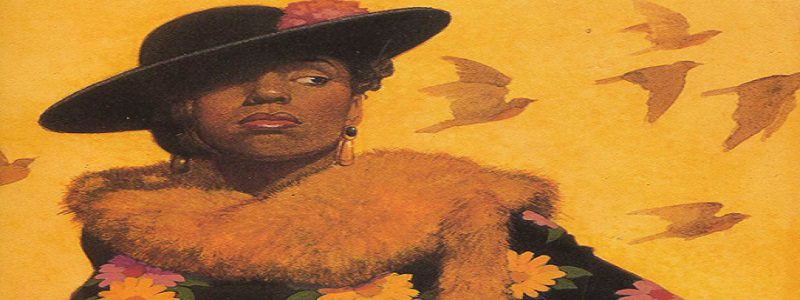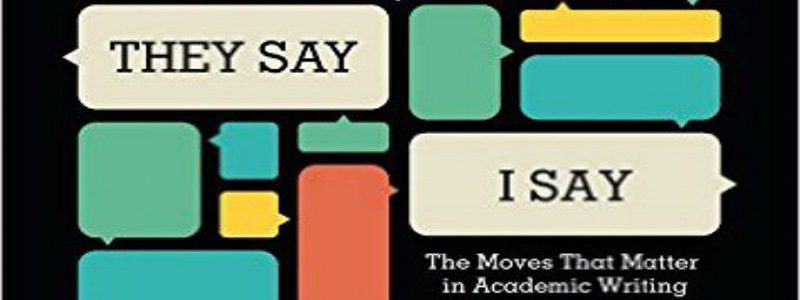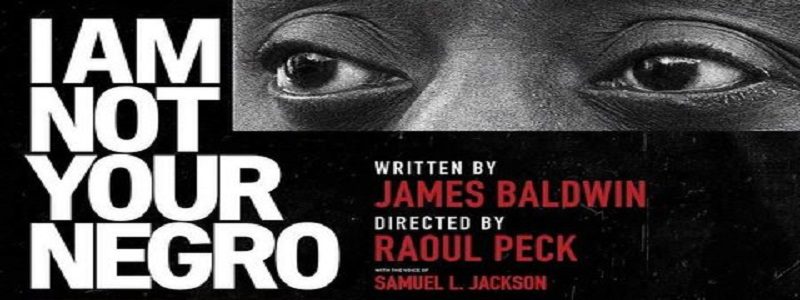‘Sula’ and Sexuality
Nobel Prize winning writer Toni Morrison’s second novel, Sula, is relatively short (at about 180 pages) but challenging, as its style is a kind of uncompromising vernacular, and its characterization is stark, extreme, almost gothic, without a whole lot for teenage readers to warm up to. But the novel’s ambition is unmistakable. It is an august work and it rewards patience, readerly fortitude, and close study. Writing in the early 1970s (Sula was published in 1973), Morrison was committed to addressing questions rapidly fermenting in the culture involving gender, racial, socio-economic, sexual liberation, through a language and an imagery intrinsic to African-American culture that was demythologized and in some ways purified.
Is Soccer the Best Sport in the World? (Part 2)
Part 1 of this post — which includes the argument and counter-argument builder exercise and models, in addition to description of the way that these have been used with partner teachers this spring and summer — can be found here. This post will be devoted to highlighting some of the points of professional learning that have come about through our argument work on the debatable question, Is soccer the best sport in the world?
READ MORE
Is Soccer the Best Sport in the World? (Part 1)
I’d like to start this post by declaring that I am not myself a fan of the sport that America calls soccer and the rest of the world calls football. But after I listened and made a minor contribution to a friendly dispute at a family function about the merits of soccer in comparison to other sports more popular in this country, I recognized that this issue could be useful in my work with teachers, building their professional capacity to teach their students to think critically and make college-directed arguments on the key questions in their curriculum content. A debatable question that I have been using often of late with partner teachers is:
Is soccer the best sport in the world?
Chapter Questions on the New Edition of ‘They Say, I Say’
One of the most popular and well-regarded books on academic writing ever written, Gerald Graff and Cathy Birkenstein’s They Say, I Say: The Moves that Matter in Academic Writing, has just been published in a fourth edition. Professors Graff and Birkenstein are, of course, university advisers of Argument-Centered Education and their book has been seminal in the development and national expansion of argument pedagogy. If you are not using it or portions of it in your classroom — and most certainly if you are not familiar with it — I urge you to pick up a copy of this new edition and dive in. Part of its appeal is its simplicity and usability. They Say, I Say has the grace and pellucidity of a late-period Willem de Kooning ribbon painting; a whole lot of learning, theorizing, and teaching is condensed and distilled into what the authors call “the deep, underlying structure, the internal DNA as it were, of all effective argument.”
Teaching the Documentary ‘I Am Not Your Negro’ through Argument
I see a lot of documentaries, and one of the very best I’ve seen in a long while was “I Am Not Your Negro,” the 2016 film directed by Raoul Peck. The film was created from a set of unpublished writings by James Baldwin. Read by Samuel L. Jackson, they provide the only voiceover. Baldwin was working on a book, one that he did not complete but for which he prepared extensive notes, taking a distinctly autobiographical look at the divergent and convergent lives and deaths of three towing civil rights leaders: Martin Luther King, Jr., Medgar Evers, and Malcolm X.






